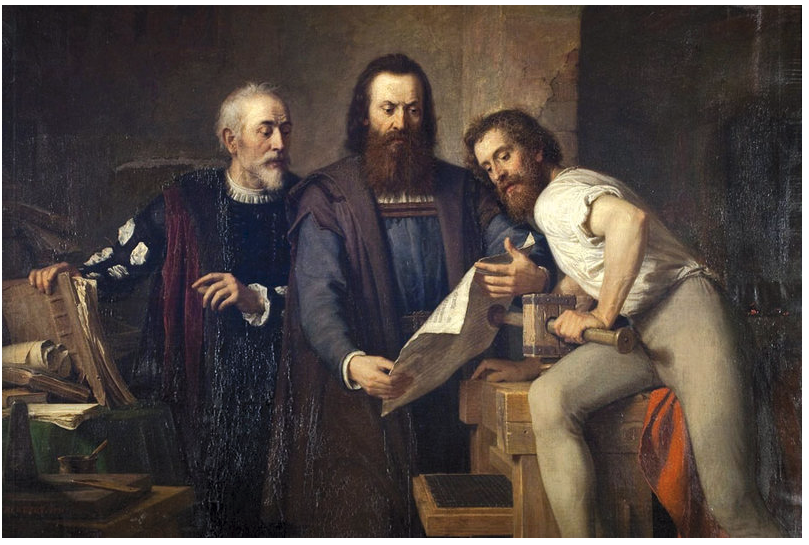Marcas da desconstrução da cultura indígena brasileira nas obras Iracema e Macunaíma
Abstract
In this article, we aim to discuss the process of rationalization of Brazilian indigenous culture imposed by the Portuguese colonizer. For that, the practices of social and cultural relations present in the romantic literature of José de Alencar in Iracema and in the modern literature of Mário de Andrade in Macunaíma will be listed. Both works are part of the Brazilian canon published at different historical moments, however, both represent the post-colonial period of search for the representation of a Brazilian literary identity. From this perspective, we analyze the explorer's relationship with the culture, race and religion of the other - the exploited. For this analysis, it is necessary to carry out a socio-historical reading through decolonial thinking. Thus, we understand that the decolonization of thought involves the valorization of local culture at the expense of exogenous culture, promoting the recognition of knowledge and deconstructing the homogeneous readings of abstract universalist thought.







